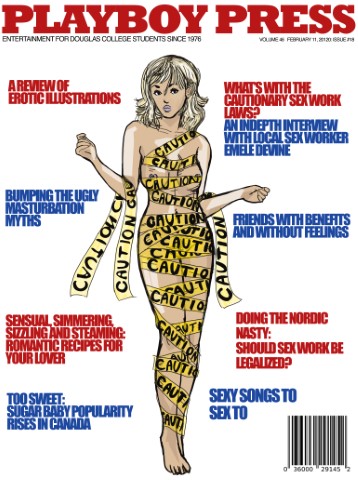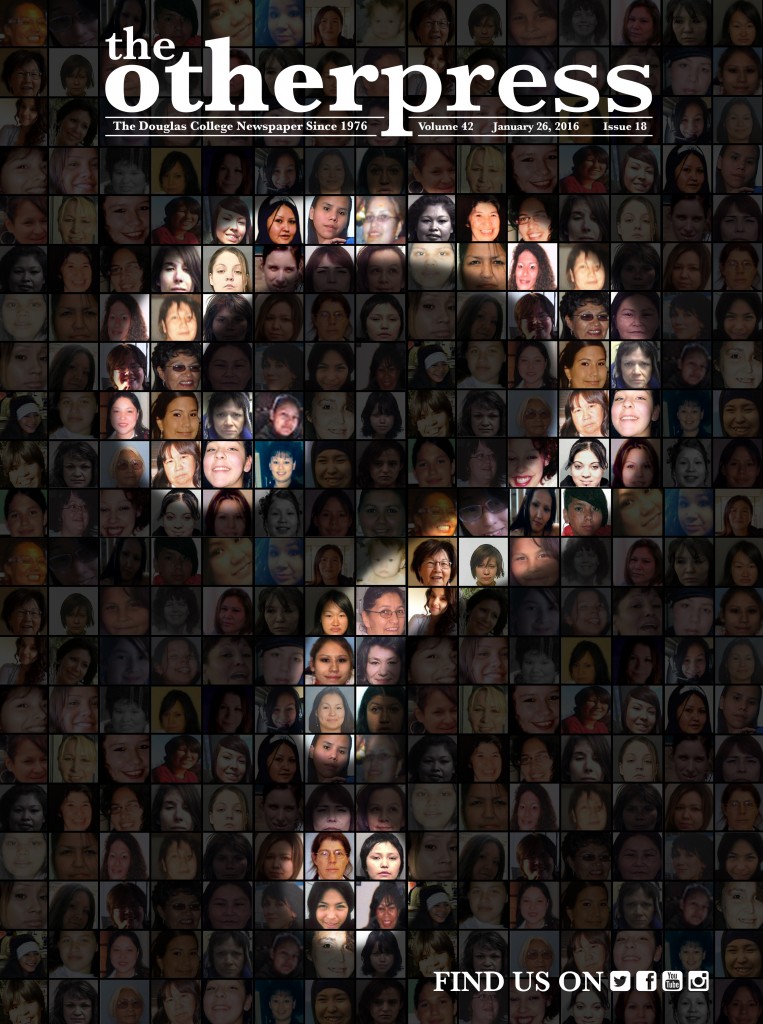
Remembering the legacy of David Bowie
By Brittney MacDonald, Life & Style Editor
Should anyone ever ask me what the first David Bowie song I heard was, I wouldn’t be able to answer them. In truth, I grew up with the sound of his vocals as a constant lull in the background of my childhood. This was mostly due to my mother, whose eccentric musical tastes not only enveloped the spandex clad Ziggy Stardust and the Spiders from Mars—Ziggy Stardust being the alter-ego Bowie took on in the 1970s—but also other musical greats like Tupac and Nirvana. This odd musical upbringing probably sheds a lot of light on my own strange bardic tastes, which as of 2001 definitely included a healthy dose of Bowie, independent of my mother’s CD collection. It also accounts for something a little more troubling—my utter failure to recognize David Bowie as a human being capable of dying one day.
Perhaps it was naïve, or maybe just selfish of me to assume that people that I had made into symbols and icons would always be a presence in the world. I don’t consider this celebrity worship, but more so put it in the same psychological category as having a mental image of your childhood home that is destroyed by you going to revisit it, only to find it has been torn down. To me, David Bowie and the music he created is a connection I shared with my family, as well as a connection to my childhood and teenage years, and friends that I had made during those times—some of whom aren’t around anymore. However, my biggest offence through all of this is that in turning Bowie into a personal symbol, I also failed to see the amazing things he did and fought for as a man.
Millennials like me have a lot to thank Bowie for—probably a lot more than you think. Not only did he inspire many of today’s most successful musicians, but he was also the first musical artist to have his own website. It went up in late 1995, and was mostly text based. In 1996, that website pioneered the first ever digital download MP3. Bowie’s song “Telling Lies” from his Earthbound album was available long before Napster was even a thought, and definitely predated iTunes by more than a couple centuries. In short, Bowie opened the gateway for the luxury that people around the globe enjoy—listening to their favourite music on their phone.
In today’s modern age it’s hard to imagine a time when you were incapable of finding even the minutest support from the public regarding issues of sexuality and gender identity. But there was no Internet to stand behind him when Bowie was labelled a freak for wearing make-up and donning women’s leotards. Nor was there any when he declared himself openly bisexual and began getting a rather negative reputation for his many sexual conquests, which included the likes of Mick Jagger. He revealed his true self when people were caught in a vicious cycle of hypocrisy and fear. In the words of my mother, “At that time, nobody admitted to liking Bowie…”—thankfully, times change.
Through all of this, Bowie never apologized for who he was. Instead, he used his notoriety to benefit several children’s charities, and to help spread awareness about HIV/AIDS, as well as the political struggle that came with it during its early outbreaks in the UK and North America. In 1982, he collaborated with Freddie Mercury on the now famous duet “Under Pressure”—a song that he sang at the Freddie Mercury Tribute Concert, which took place in London in 1992 to spread awareness of the disease that was responsible for the Queen frontman’s death in 1991. His recitation of “The Lord’s Prayer” at the concert marked an emotional and powerful moment in the history.
Though open about his lifestyle and his passion for philanthropy, Bowie remained deeply private about his personal life. This is probably the reason behind the fact that his “sudden” death was actually the final chapter in an 18-month long battle with cancer that the public was never made aware of until after the fact. Instead, during his final year, Bowie chose to make one last album for his fans as a means of saying goodbye. Blackstar is named after its titular track, a song that seems to include among its many themes, both the good and bad side of individuality, and the idea of legacies being carried on by those that we inspire. However, the song “Lazarus” is probably Bowie’s most prophetic from the album. The song follows Bowie’s life, recounting not only his time in the hospital, but also his time in New York performing at the height of his career—the song ends with Bowie predicting his own release into “freedom.” Though I can speak only of my personal interpretation of the song, I took it as Bowie assuring those who would mourn for him that he was okay, and that he had had a wonderful life full of the many experiences that had shaped him.
On Facebook, Bowie’s publicist, Tony Visconti, said “He made Blackstar for us, his parting gift. I knew for a year this was the way it would be. I wasn’t, however, prepared for it. He was an extraordinary man, full of love and life. He will always be with us. For now, it is appropriate to cry.”
The thing that I find most impressive is that, despite the fact Bowie was ill for so long and that he obviously wasn’t a recluse during this time—he did make an album after all—not one of the many people either in his familial circle, or that he worked with during the production of Blackstar ever hinted that the rock star may have been ill. Instead, the fact that he was dying was an open secret among the musical community—one that they kept out of a deep respect and love for a man who had given so much to them.
“The truth is, of course, that there is no journey. We are arriving and departing all at the same time”
- David Bowie (January 8, 1947–January 10, 2016)



